Russia as a country has been able to come to the forefront of the international arena in recent times, especially since Vladimir Putin came to power, and then in 2000 as the country’s president. But there is one point to consider both in the political and international spheres about Russia, which is that it can be safely said that, after 2000, it has adopted a multifaceted policy in the world of politics, especially with regard to policies on the United States. Perhaps that is why many analysts are simply not able to carefully study the country’s behavior in the regional and international arena. The feeling of the need to develop economic areas and upgrade security lines brings together two more neighbors, seamlessly connected by the Black Sea.
WHY TURKEY BOUGHT S-400 MISSILE SYSTEM?
The Russia’s long-range S-400 missile system is one of the most advanced anti-aircraft and anti-missile systems of its kind, capable of carrying and firing several types of missiles and capable of diverse targets including Continental Ballistic Missiles, Cruise Missiles, and Escape Radar Fighters. The radar network and identification of this system can simultaneously detect 300 targets and prioritize them. The ceiling height of the system is 27 kilometers.
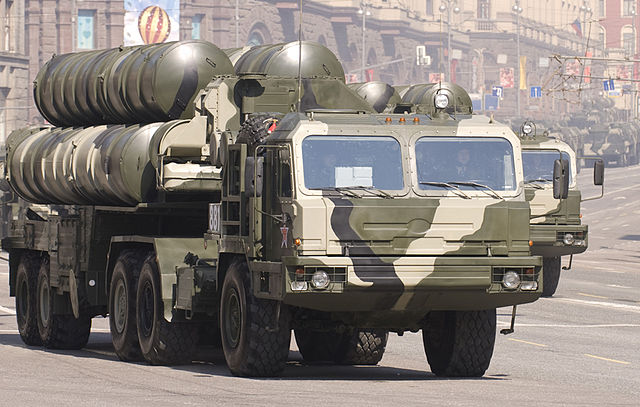
In November 2016, following Turkey’s failed coup attempt, information on talks between Moscow and Ankara on the purchase of S-400 missile system was heard for the first time. In mid-September 2017, a $2.5 billion contract was signed. As one of the best air defense systems currently in use in the world, the S-400 represents the fourth generation of the missile defense system that Russia began to develop during the Cold War. The development of the S-400 began in 1993. However, it took quite a long time to complete due to budget cuts, especially in the post-Cold War defense industry, and could only be developed as a continuation of the old system, not as a new technology.
US CONCERNS
Turkey is one of the countries of the North Atlantic Treaty Organization (NATO), and Washington says the entry of the S-400 system into the NATO defense net can reveal the weaknesses of the parties to the treaty. The Trump government is worried that Russian arms purchases and weapons dependence on Russia will push Ankara to Moscow more. However, this is not all, and there are other issues.
Some analysts believe that America’s concerns are partly due to the weakness of the Patriot missile system against the S-400. In this regard, the German newspaper De Velt quoted military experts as saying: “Increasing global interest in the S-400 missile system Russia is due to the technology superiority of the system compared to its similar American model.
The United States has threatened to refuse delivery of more than 100 F-35s to Turkey worth over $10 billion. Meanwhile, Turkish pilots have already been stopped from participating in the F-35s flight training program. Some US media outlets also said that the law on countering US enemies with sanctions (CAATSA) may also be implemented in Ankara. This is the same law that has imposed strict restrictive measures against Russia and Iran.
TRADE AND INDUSTRIAL COOPERATION
The fourth meeting of the Supreme Council for Cooperation between Russia and Turkey, chaired by Erdogan and Putin, was held in Russia, where economic-commercial cooperation was considered. As Russia and Turkey emphasize the development of bilateral cooperation and strategic partnership, the documents of the partners were signed. It also signed Memoranda of Understanding on customs cooperation between the two countries to facilitate customs, transportation, trade and joint ventures, the construction of natural gas storage facilities in underground reservoirs in Turkey, and while the two countries face political challenges, determined to develop industrial cooperation in various fields. Meanwhile, while reaching Moscow and Ankara’s goal of increasing its trade turnover to $100 billion by 2020, the current economic climate suggests that they have not sacrificed their economic interests for political disagreements.
ENERGY RELATIONS
Turkey, because of the geopolitical position and the role they play as the bridge and the route of transit of gas and crude to Europe, are required to redefine their historical and geographic role and become the bridge and the energy transmission hub from Russia and Central Asia and the Caucasus and thus have made extensive efforts in Europe.
Russia is the largest energy supplier in Turkey, and the country imports 60% of its natural gas and 30% of its oil from Russia. According to data from Turkey’s BOTAS, in the first nine months of this year, Turkey has received 34.7 billion cubic meters of gas, receiving 19.4 billion cubic meters from Russia. the construction of Turkey’s first nuclear power plant in the region of “Akkuyu Mersin”, whose implementation is still ongoing, is considered by Russia. In fact, by concluding the contract for the construction of the first Turkish nuclear power plant on May 12, 2010 by Russia (which is said to cost $ 22 billion), Turkey is struggling with its rich uranium and thorium resources in cooperation with Russia, apart from its greater independence. The need to import energy also acquires nuclear knowledge.
TURK STREAM
Turk Stream is a new export gas pipeline stretching from Russia to Turkey across the Black Sea. The first string of the pipeline is intended for Turkish consumers, while the second string will deliver gas to southern and southeastern Europe. With a huge portion of the 900-kilometer transmission pipeline under the Black Sea, and officially ends its formal offshore phase in the months ahead. It is planned to bring the gas pipeline into operation in late 2019.
VARIABLE MILITARY COOPERATION
Military relations between Turkey and Russia are expanding, and bilateral military defense and military cooperation has entered a new stage. Rostec won the tender for the construction of a Turkish anti-tank missile system, and it was built and marketed. This is alongside the fact that since the sale of weapons to Turkey, the cooperation of the navy of the two countries, the implementation of joint operations and operations in the Black Sea, the establishment of a coordinated military operation of security and military operations have also been carried out.
Although relations between Turkey and Russia have been developed in a number of areas in a positive direction, there is still a significant difference in some issues between the two countries. Particularly in the context of Syria, although Turkey and Russia are moving along the same threshold, there are serious differences in the two sides’ main approach to the problem of Syria.
CONCLUSION
The United States, with its action to prevent the sale of the F-35s to Turkey, provided Ankara and Russia with more military and arms-related ties, which itself furthered Turkey’s withdrawal from the United States and increased the gap between NATO members. It seems that Washington has basically no longer maintains its previous view of Turkey and has been reluctant to do so in light of some of Ankara’s actions on the regional level, in particular proximity to Russia and non-compliance with US sanctions against Iran.
It can be predicted that the trend of divergence in US-Turkish relations will not only continue but will also intensify in the future. Ankara will try to define its relations and interests in the context of expanding relations with other countries, such as Russia, China and Iran. Not only will regional equilibrium lead to complexity, but also the level of relations between Washington and Ankara will be reduced to an unprecedented level. Ankara officials have tried to diversify their international calls in recent years, and in spite of Washington’s extensive promotional efforts, they have good relations with all the countries that are well-informed, including Russia and Iran, and this policy is not favored by the Washington authorities. At the same time, Donald Trump’s government is trying to refrain from imposing severe sanctions on Ankara, he said, because such a move would make Turkey more distant from Washington.
Russia has always been looking at Turkey as a route to Europe, West Asia and North Africa. In Russia’s view, Turkey is a crucial corridor for the transfer of energy to European and African markets and it is therefore eager to expand oil and gas pipelines through this country, because if this is achieved, the Russians will succeed to simply deliver energy to the Mediterranean without having to utilize the Bosphorus Strait, or even the Dardanelles. So Moscow has come to the point that what it wants and will not be able to ignore is Turkey, and has therefore sought to conceal its secret to keeping the Turks close to the Kremlin agenda.
It is possible for Turkey to full deploy and install S-400. With the buying of S-400 showed its interest to create balance in its relations with the US and Russia. If Turkey can install S-400 in its border near the Mediterranean Sea, it would help Turkey to take more advantages in the region. Some analysts believe that Turkey is looking to find its place in multipolar world but what is clear that Turkey cannot ignore either side.
Turkey must manage its relations with Russia and the US. Russia plays a key role in Turkey’s energy sector, and the US is Turkey’s ally in the region and NATO. If Turkey installs and operates S-400 fully, it gives an opportunity for Russia to sell more S-400s to other customers and get more political and economic benefits. Technology transfer will be in favor of Turkey if Russia will agree to have technology transfer of the S-400.





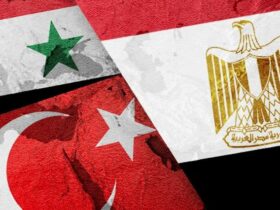

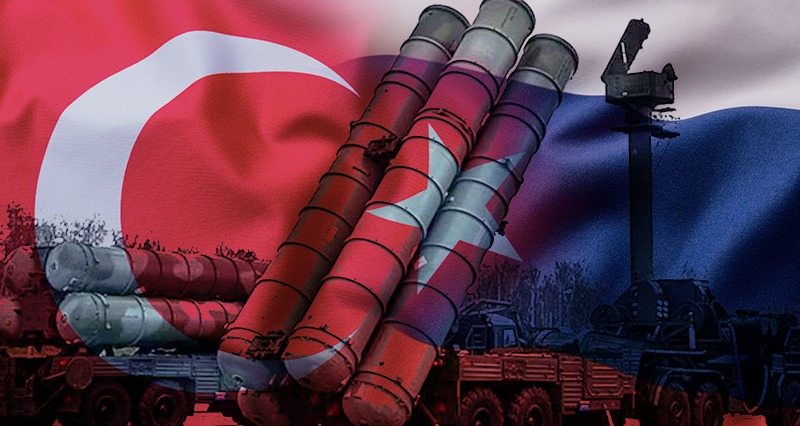

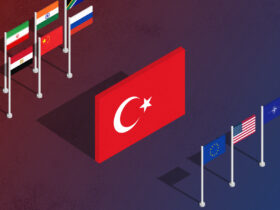
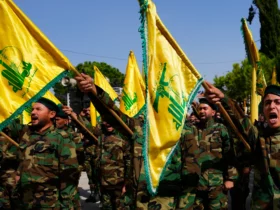
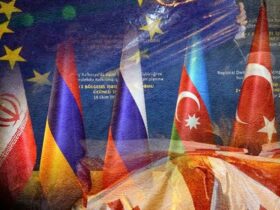

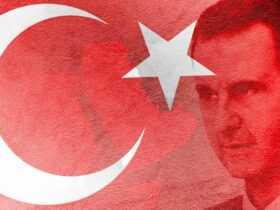

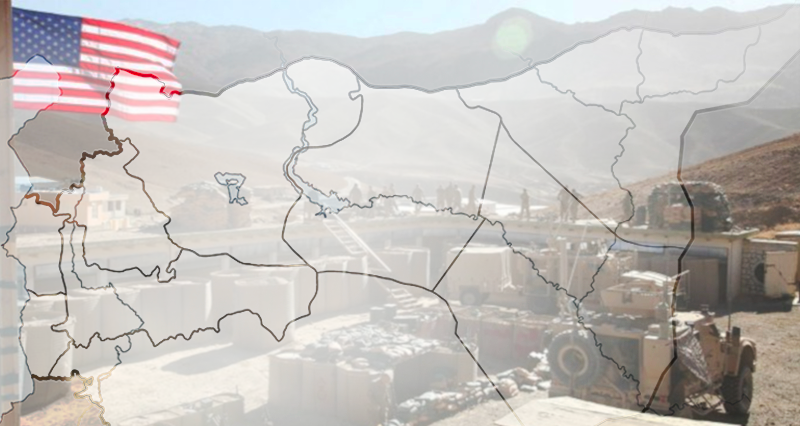

Leave a Reply